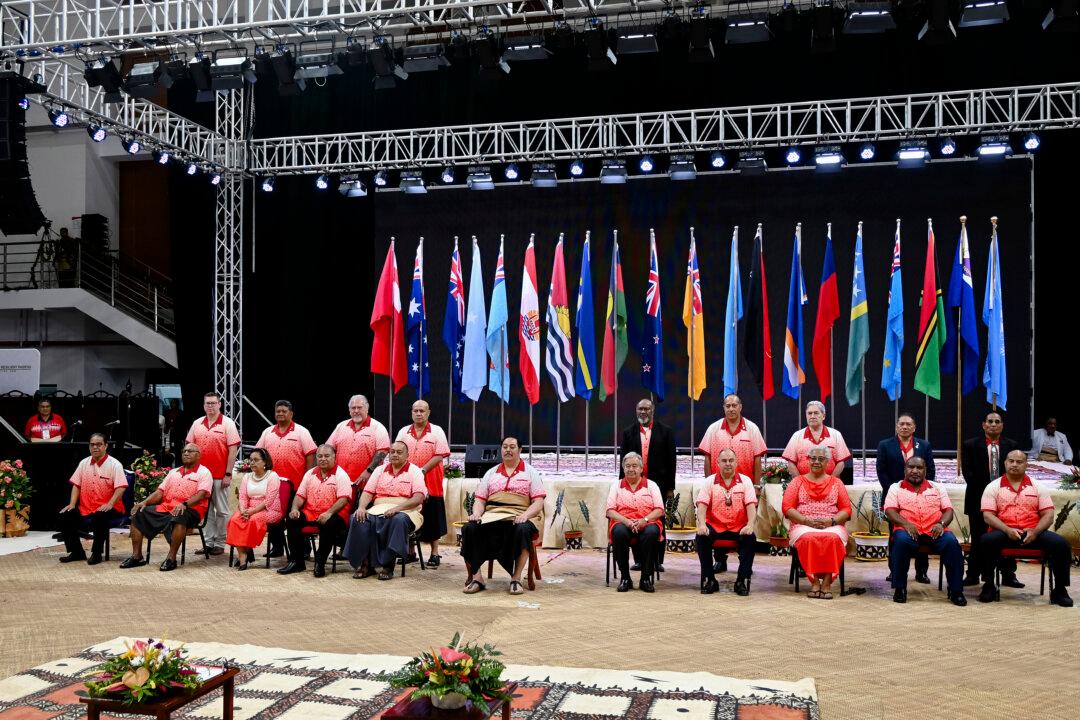Deputy Secretary of State Kurt Campbell’s trip to the Pacific Islands is “critical,” a maritime strategy specialist said as experts underlined the strategic importance of the region.
Campbell led a U.S. delegate that visited Vanuatu on Thursday to officially launch a new U.S. embassy after attending the 53rd Pacific Islands Forum (PIF) leaders meeting in Tonga, while the forum also hosted its largest-ever delegation from China.





